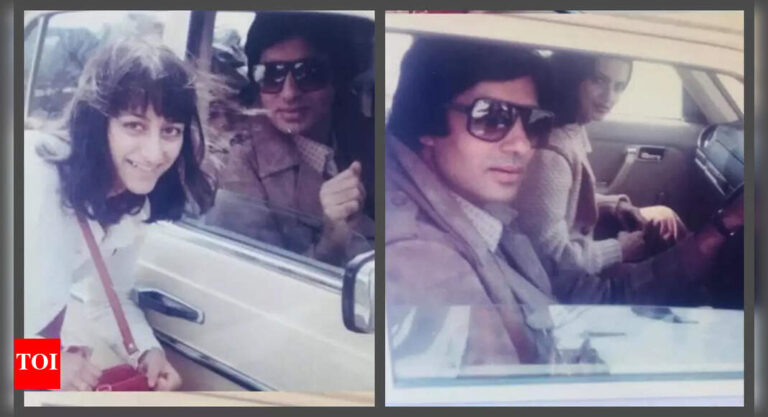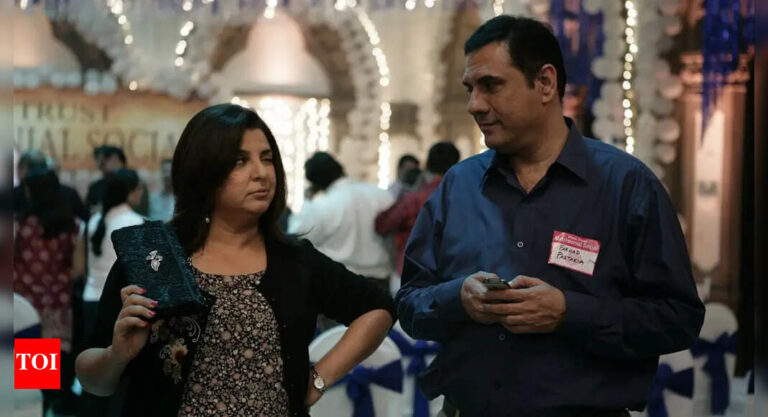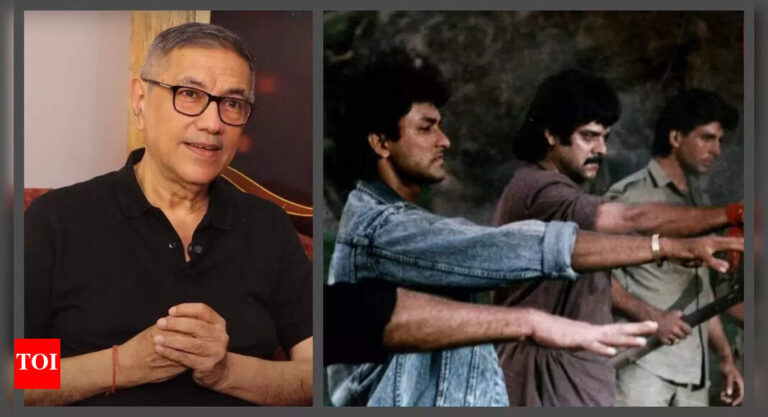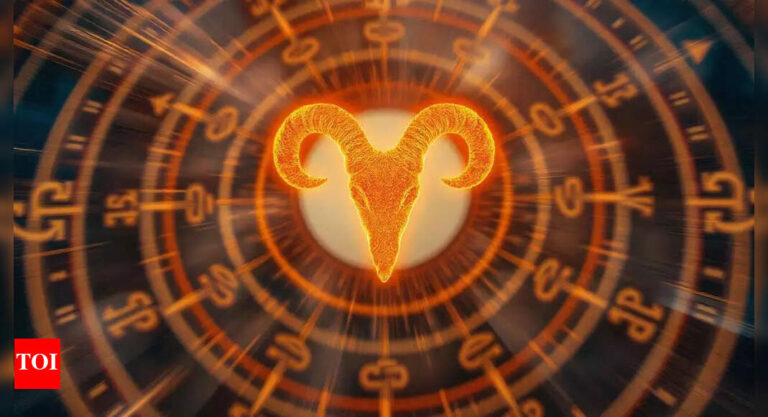
Actor and filmmaker Kabir Sadanand opened up about the emotional toll the entertainment industry can take, urging peers to speak up about their mental health instead of hiding behind curated online personas. In a heartfelt conversation with ETimes, he recalled his own journey, marked by professional highs, emotional burnouts, and conscious healing.“I was doing 18-hour shifts for 12 straight days”Sharing a particularly difficult period in his career, Kabir revealed the moment he realised something had to change.“Personally, my realization came after 18 hours a day for a straight 12 days of continuous day-and-night shifts, with barely a few hours of rest. Over time, I began to feel the impact on my mental well-being. I noticed myself becoming increasingly irritable, short-tempered, and emotionally fatigued — and it started affecting my relationships with my family and friends,” he said.The experience made him more aware of the hidden emotional costs of being part of an industry known for its glamour and adrenaline.The validation trap and social media’s burdenKabir pointed to the constant quest for validation as another stressor that affects not just him, but many actors and filmmakers.“Whether as an actor or a director, there’s a constant need for validation—which in itself adds immense pressure,” he explained.He also highlighted how social media has made things worse. “There’s increasing pressure to project a picture-perfect life. It’s become more of a trend—or even a performance—to showcase happiness, success, and constant positivity. That creates a significant emotional burden,” Kabir said.“I see a therapist every two weeks—no shame in that”To cope, the Fugly director says he has built a toolkit for his mental well-being.“I make it a point to see a therapist at least once every two weeks—it’s been an important investment in my well-being,” Kabir shared.He also finds solace in simpler things. “I find great peace in gardening, especially working on my bonsais, some of which are over 15 years old. Earlier, I played a lot of cricket, but these days, nothing relaxes me quite like being on a bike. The moment I’m in the saddle, everything feels lighter—like life falls back into place.”
“Yes, we talk more about mental health now—but not enough”Kabir acknowledged that while Bollywood has become more open about mental health in recent years, the stigma hasn’t completely faded.“Yes, in Bollywood, conversations around mental health are no longer just whispers. There’s definitely more openness now—especially within close circles. Personally, I speak freely about seeing a counsellor, but many still confide only in trusted friends,” he said.“People ask how you look, not how you feel”Despite his openness, Kabir said that many still overlook the mental well-being of those in the limelight.“People often compliment your appearance or success, but rarely ask, ‘Are you okay—mentally?’ I’ve faced both highs and lows, and during the tougher times, I’ve turned to a psychologist. I continue to do so, without any shame. In fact, it’s one of the best things I’ve done for myself,” he shared.His message to young artistsKabir concluded with advice for those entering the industry: “Be mentally prepared. But above all, stay confident, build a strong support system, and don’t bottle things up. Like a shaken champagne bottle, if you don’t release the pressure, it will eventually explode. So speak up. Always.”






